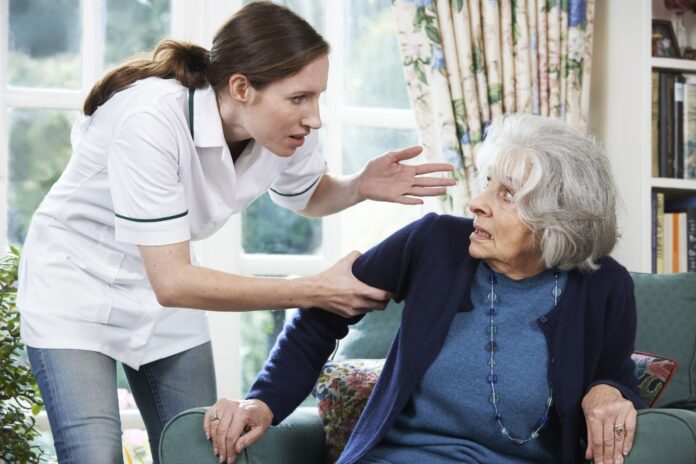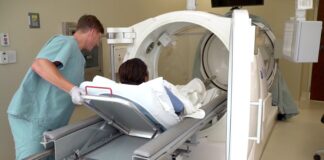In this era of technology, we are fortunate enough where medical advances are taking great advantage of the technology. These days, people are living beyond the ’80s. This may sound great for many of us but this longevity in aging comes with a dilemma as it gets harder to take care of the aging adults and we often get stressed regarding how and who will take care of our elders because they are not in a state where they can take care of themselves. Most of us will think about long-term care facilities, assisted living communities, and nursing homes.
Anyone, worried about taking care of their aging loved ones will find these facilities greater options and it will even be a great resource for elders to live a better and more independent life with the help of expert staff, get top-notch care. This sounds attractive and great but even with so many advantages, this shouldn’t surprise you that people often complain about their patients who have been abused by the nursing home staff.
This could be a devastating moment for anyone who was considering these facilities for their aging loved ones because they will not be there all the time and these thoughts will keep them in constant stress and this is quite a concerning situation. There are several types of nursing home abuse from emotional, sexual to physical abuse. However, if you are suspicious about anything about your elders in a nursing home then you can reduce it by simply doing frequent and unannounced visits, being attentive to any sign of abuse. You can take the following step to protect your loving ones from any type of nursing home abuse.
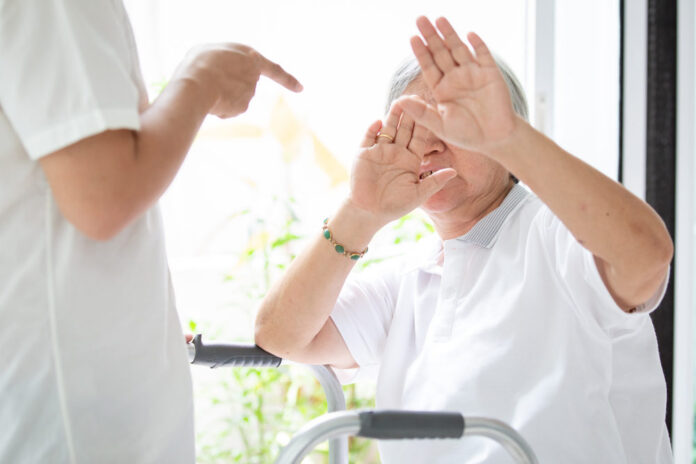
Things to Do
There are some basic yet crucial steps that you can take to find out and take a step against nursing home abuse such as:
Familiarize With the Signs of Elder Abuse
This is perhaps one of the most important things you can do to protect your elders in such a situation and in fact, it will not be for your seniors only but others living with them may also be facing the same situation. Though it can be quite daunting to find the signs of abuse at first you can notice some common signs and symptoms that will indicate that the nursing home staff isn’t taking care of them. These signs include bedsores, sudden weight loss, a drastic negative change in their medical condition that may be because of poor medication, and staff neglect. If you have visited the nursing home without information and the staff isn’t willing to show them or will not let you meet them then this could also be a sign of abuse in a nursing home. If you are already regulating the finances of your elders and you just have noticed some abnormally large transaction that shouldn’t have been then it can be financial abuse on them. And last but not least is any unexplained injury or a behavior change could be a sign of abuse.
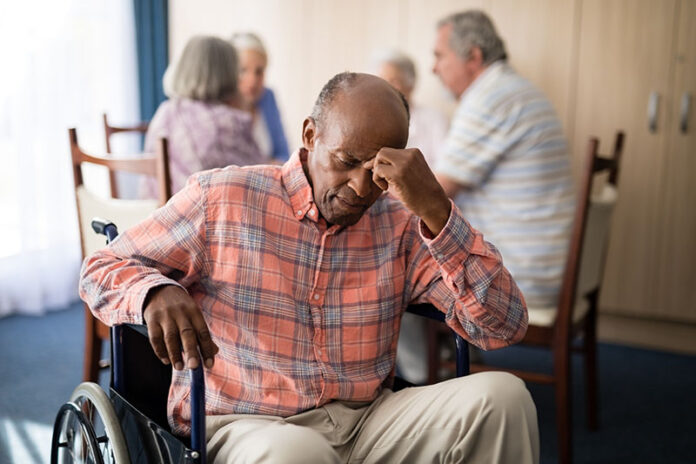
Steps To Be Taken
If you have find-out your family member or friends in this emergent situation then don’t wait for a single moment. The first thing you can do is to call 911 and let them know about this situation as soon as possible. Furthermore, this will also assure you that the law enforcement will take notice of the situation that made you believe that your senior loved ones were a victim of nursing home abuse.
Gather Information
The third thing you should gather as much information as you can that will prove that you were true about your belief that your senior loved ones in the nursing home are being abused by the staff. You should start gathering evidence such as taking pictures of the injuries on their body, falling mental and physical health by collecting medical records, or talking directly about this with any potential witness. You can also file a complaint about the nursing home to the state agency that is in charge of regulating nursing homes or speaking with the elder abuse attorney.

Remove Your Loved Ones
If you believe that your concerns are right and it has been verified rightfully then your priority would be removing your loved ones from that environment, taking them to somewhere safe and sound in case the nursing home is not taking any action about your concerns. Taking your seniors out will also secure them from further abuse and prevent any retaliation which is inevitable when you will be filing a claim or about to report. Before taking the senior ones to the other facilities in the area, it is better to talk to your friends, coworkers, and neighbors about their experiences with available nursing homes, or taking a tour by yourself would also be a great idea.
Experienced Elder Abuse Attorney
And finally, it is better to contact an experienced elder abuse attorney immediately to talk about the situation and file a lawsuit to get compensated for the abuse that your loved ones had to suffer. An experienced senior nursing home abuse attorney at Flynnattorneys is helpful in such a situation as they have the knowledge and they can guide you on what should be your next steps such as if it is good to file a claim by you or your family member. They are experienced in their field and are dedicated to helping the victims of nursing home abuse.
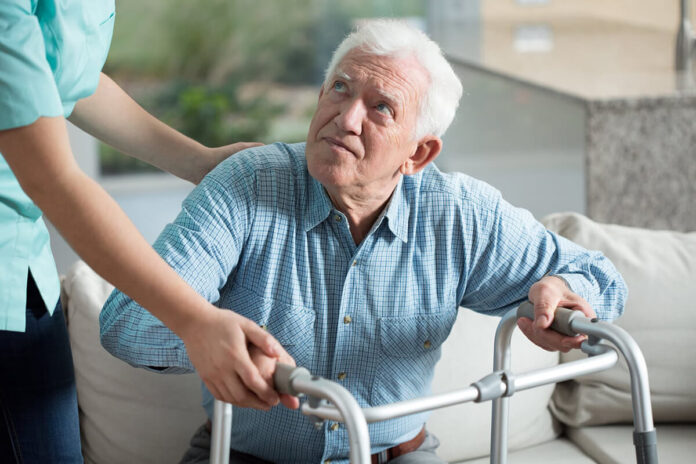
Carelessness, armature and unskilled staff, and neglect all are abuse. Don’t let the nursing homes slip away from such serious issues as malnutrition, poor hygiene, bruising bedsores and dehydration or any other threats that your senior loved ones had to face. You may have solid reasons to file a nursing home abuse lawsuit on behalf of your loved one for the pain and suffering. Contacting a skilled nursing home abuse attorney should be on your consideration list and if you need assistance finding the right attorney for your case, learn more here.
What is Considered Nursing Home Abuse?
Nursing home abuse involves actions or neglect that harm elderly residents in care facilities. Such mistreatment can manifest in various forms, undermining the safety, dignity, and well-being of the victim. Recognizing the different types of abuse is essential for intervention and prevention. Here are the primary categories:
- Physical Abuse: This involves causing physical harm or pain to the resident. Examples include hitting, slapping, pushing, pinching, or improperly restraining a resident. Telltale signs may include unexplained bruises, cuts, or other injuries.
- Sexual Abuse: Any non-consensual sexual act performed with a resident falls under this category. This can range from inappropriate touching to rape. Signs may include unexplained genital infections, bleeding, or bruising.
- Emotional or Psychological Abuse: Inflicting mental pain, distress, or anguish through verbal or non-verbal actions characterizes this form of abuse. Examples include humiliation, intimidation, threats, or isolation from friends and family. Behavioral changes, withdrawal, or sudden mood swings can indicate emotional abuse.
- Financial Exploitation: Unauthorized use of a resident’s funds or property is a grave concern. Examples include coercing residents into signing financial documents, stealing money, or engaging in identity theft. Unexplained financial transactions or missing personal items can signal exploitation.
- Neglect: Failing to provide essential care or services, resulting in harm or increased risk, constitutes neglect. This might manifest as dehydration, malnutrition, untreated bedsores, or poor personal hygiene due to lack of care.

